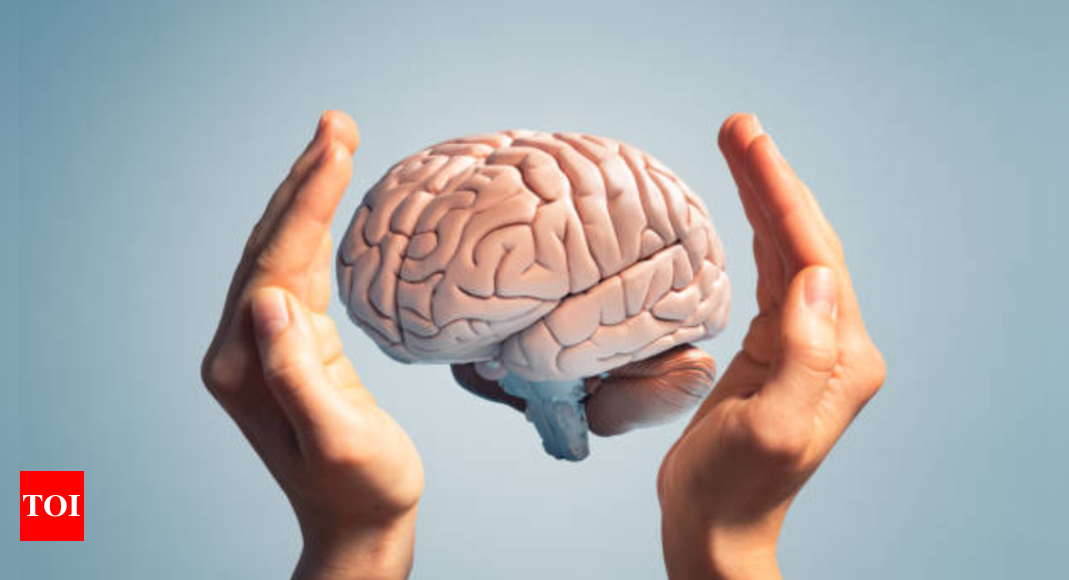Our brain is like a super computer. It constantly collects and processes information from the world around us. Have you ever wondered how it decided what to remember and what you need to forget? Or why are only certain memories from the past with us? This is how this agency collects, filters and stores information in the way we shape.
Brain’s first step: Collect information through the senses
Our senses, hearing, hearing, touching, tasting and smelling are where the process begins. These senses collect information from our environment and send it to the brain, serving as a messenger for the brain. For example, your eyes and ears communicate with the center’s sensory centers when you see a lovely flower or hear noise. The brain interprets this unprocessed data to make sense about the world around you. This is an input that almost immediately. Like a radar, our brain always scans the environment for items that can be interesting, useful or even harmful.
(Polite pic: pexels)
How the brain decides what is important
How does the brain decide what needs to focus on when there is too much information at all times? The retinal activation system (RAS) is a solution mechanism. By giving priority to information that best suits you, this area of the brain acts as a filter. In this case, you will notice immediately if someone calls your name when you are at a big party. The reason for this is that the brain is connected to focus on important things, such as your name, survival signal or emotional situations.
The role of emotions in memory formation
Have you ever noticed how some memories seem to be burned in your mind, while others disappear? This has a lot related to emotions. When something makes us happy, sad or scared, our brain releases chemicals like adrenaline and cortisol. These chemicals act as a signal, to the brain, this is important, remember it! This is why we are more likely to remember the achievements of the first school rather than a random day at work. Strong emotions make a outstanding memory, while normal moments are less likely to be stored for a long time. 
Why do we forget some things?
Forgetting is not always a bad thing, it is really a way to maintain the effect of the brain. Think about it like cleaning your wardrobe. The brain removes the information that it thinks is not important to make room for new and useful data. For example, you may not remember what you had for lunch a week ago unless it was a special meal. This is because the brain only circulates the information that seems to be valid for a long time. Forgot to help us manage emotional luggage. The brain sometimes prevents painful or painful memories as a mechanism of dealing to protect our mental health.
15 brain foods you have to regularly
Why are certain memories sticking forever
So, why do we remember specific moments, such as childhood birthdays or for the first time you rode? These memories are attached to the ability to connect emotions, senses and brain repetition. Hippocampus, a small but strong part of the brain, plays an important role here. When we experience something many times or with strong emotional intensity, Hippocampus works to strengthen that memory, switching it from short -term storage to long -term storage. The memory also becomes stronger when we remember them often, which is why telling stories or recalling friends to help you remember events better. The ability to collect, filter and store our brain is nothing extraordinary. It uses our senses and filters through priorities and emotionally based on what is memorable. .










